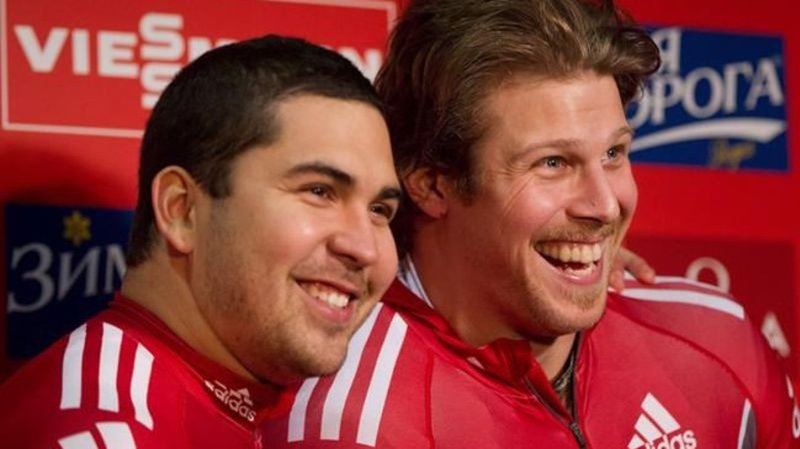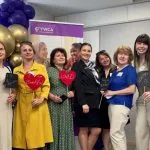
Dispute over athlete agreement has bobsled pilot without funding for four months
Chris Spring is a four-time Olympian who’s competed for Canada in bobsled for close to a decade. But for the past four months, he’s received no federal funding due to a dispute over his athlete’s agreement.
“There are some provisions in the athlete agreement that I don’t agree with. And so I don’t want to sign an agreement that I don’t agree with just to get paid,” Spring said.
Athletes are required to sign an agreement with their national sport organization (NSO) to receive federal funding. Each sport writes its own agreement, and so they vary from sport to sport.
Spring and other athletes have said they’re rendered powerless when faced with what they say is essentially a written ultimatum.

